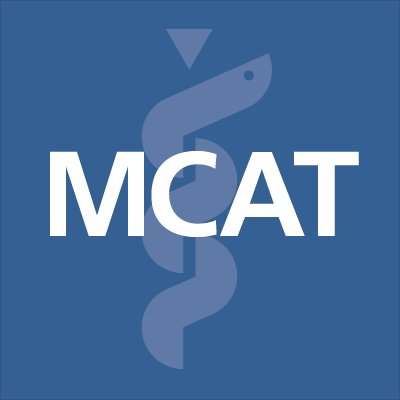Pre-med: A Comprehensive Guide to Preparing for Medical School and Beyond
Pre-medical studies lay the foundation for aspiring doctors, providing the necessary academic preparation and experiences for admission to medical school. Pursuing a pre-med track requires dedication, perseverance, and a strong commitment to the field of medicine. In this comprehensive guide, we will explore the world of pre-medical education, covering academic requirements, extracurricular activities, research opportunities, the medical school application process, and essential skills for success in the medical profession.
Section 1: Understanding the Pre-Med Track
1.1 What is Pre-med? Pre-med is a term used to describe the educational pathway for students planning to attend medical school. It involves completing the necessary coursework and experiences to meet medical school requirements and gain admission into a medical degree program.
1.2 The Importance of Pre-med Studies Pre-med studies provide a solid foundation in the sciences and essential skills needed for a career in medicine. It offers students the opportunity to explore their passion for healthcare, develop critical thinking abilities, and gain exposure to medical settings.
1.3 Pre-med Requirements and Prerequisites Pre-med requirements typically include coursework in biology, chemistry, physics, and mathematics. Additional prerequisites may vary among medical schools and can include classes in psychology, sociology, English, and biochemistry.
Section 2: Preparing Academically for Medical School
2.1 Coursework and GPA Pre-med students are advised to excel in their coursework, maintaining a strong GPA. Core science courses, such as biology, chemistry, and physics, are essential, along with additional classes that demonstrate a well-rounded education.
2.2 MCAT (Medical College Admission Test) The MCAT is a standardized exam required for admission to most medical schools. Pre-med students should prepare diligently for this exam, as it assesses their knowledge of scientific concepts, critical thinking, and problem-solving skills.
2.3 Research Opportunities Engaging in research allows pre-med students to develop scientific inquiry skills, explore areas of interest, and contribute to the advancement of medical knowledge. Research experience can be gained through academic research programs, internships, or working with faculty members.
Section 3: Building Clinical Experience
3.1 Volunteering and Shadowing Volunteering and shadowing experiences provide valuable exposure to the medical field. Pre-med students can volunteer in hospitals, clinics, or community health centers, while shadowing allows them to observe and learn from healthcare professionals in various specialties.
3.2 Clinical Internships and Externships Internships and externships provide immersive experiences in healthcare settings. These opportunities allow pre-med students to work closely with physicians, nurses, and other healthcare professionals, gaining hands-on experience and understanding the day-to-day realities of healthcare delivery.
3.3 Leadership Roles in Healthcare Organizations Taking leadership positions in healthcare-related organizations showcases dedication, initiative, and organizational skills. Serving as a club officer, participating in healthcare-related advocacy, or organizing health fairs can demonstrate a commitment to the field.
Section 4: The Medical School Application Process
4.1 Personal Statement The personal statement is a crucial component of the medical school application. Pre-med students should use this opportunity to convey their motivations, experiences, and future goals, demonstrating their passion for medicine and unique qualities.
4.2 Letters of Recommendation Strong letters of recommendation from professors, healthcare professionals, or mentors are vital in showcasing the pre-med student's academic abilities, personal qualities, and potential as a future physician.
4.3 Medical School Interviews Preparing for medical school interviews is essential. Pre-med students should practice common interview questions, research the program, and be able to articulate their experiences, values, and goals to impress the admissions committee.
Section 5: Essential Skills for Success in Medicine
5.1 Communication and Interpersonal Skills Effective communication is critical for healthcare providers. Pre-med students should develop strong interpersonal skills to effectively interact with patients, colleagues, and other members of the healthcare team.
5.2 Critical Thinking and Problem-Solving Abilities Doctors need excellent critical thinking and problem-solving skills to diagnose and treat patients effectively. Pre-med students should engage in activities that develop these skills, such as participating in research, solving complex problems, and analyzing scientific literature.
5.3 Empathy and Compassion Being empathetic and compassionate is fundamental in patient care. Pre-med students should cultivate these qualities through volunteering, shadowing, and engaging in activities that foster understanding and empathy for diverse patient populations.
Conclusion: Embarking on the pre-med journey is an exciting and challenging path that prepares individuals for a career in medicine. Through rigorous academics, clinical experiences, and a well-rounded approach, pre-med students develop the necessary skills, knowledge, and attributes to become compassionate, competent physicians. By understanding the requirements, engaging in meaningful experiences, and focusing on personal growth and development, aspiring doctors can navigate the pre-med process successfully and take the first step towards a fulfilling medical career.

 By
By

.jpeg)
